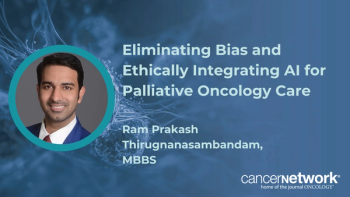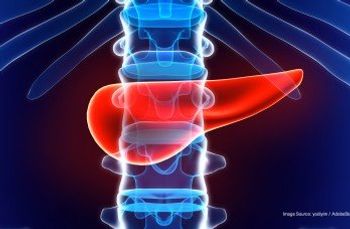
Niraparib May Show “Meaningful” Benefits in MGMT Unmethylated Glioblastoma

The phase 3 Gliofocus trial aims to meaningfully improve survival and quality of life with niraparib among patients with newly diagnosed glioblastoma.
In a conversation with CancerNetwork®, Nader Sanai, MD, discussed how the assessment of niraparib (Zejula) in the phase 3 Gliofocus trial (NCT06388733) may lead to “meaningful” outcomes among patients with newly diagnosed unmethylated MGMT glioblastoma.
Sanai, director of the Ivy Brain Tumor Center and J.N Harber Professor of Neurological Surgery, Francis and Dionne Najafi chair for Neurosurgical Oncology, and chief of neurological oncology at Barrow Neurological Institute, described his aim to set a clinically relevant benchmark for patients and providers through the Gliofocus trial. Through this study, investigators look to improve upon historical rates of survival with standard-of-care options among those with unmethylated disease while eliciting a quality-of-life advantage using niraparib.
Transcript:
The field is starving for progress, but patients and providers don’t just want any kind of progress. They’re looking for something that’s clinically meaningful from a quality-of-life perspective, not just a statistical advantage of marginal value. If you look at the large data sets for [patients with] unmethylated glioblastoma getting standard of care, which we call the Stupp protocol—surgery followed by temozolomide plus radiation concomitantly—those patients have a median overall survival of [approximately] 12 months, which is far lower than the average for all [patients with] glioblastoma together, which is closer to 16 months.
What we’re really looking to do with this trial is set a benchmark that’s clinically relevant for patients and providers. The overall survival target for the study is 18 months, which is to effectively convert that 12-month natural history to a natural history closer to the methylated glioblastoma population. We think that is a very meaningful transformation of a very difficult patient population, a significant chunk of survival time that would be beneficial to patients, providers, and caregivers. Importantly, [it may also mean] an advantage for quality of life, which is of paramount importance for this patient population.
Reference
A study comparing niraparib with temozolomide in adult participants with newly-diagnosed, MGMT unmethylated glioblastoma. ClinicalTrials.gov. Updated June 24, 2024. Accessed August 27, 2024. https://tinyurl.com/y25er8p9
Newsletter
Stay up to date on recent advances in the multidisciplinary approach to cancer.











































